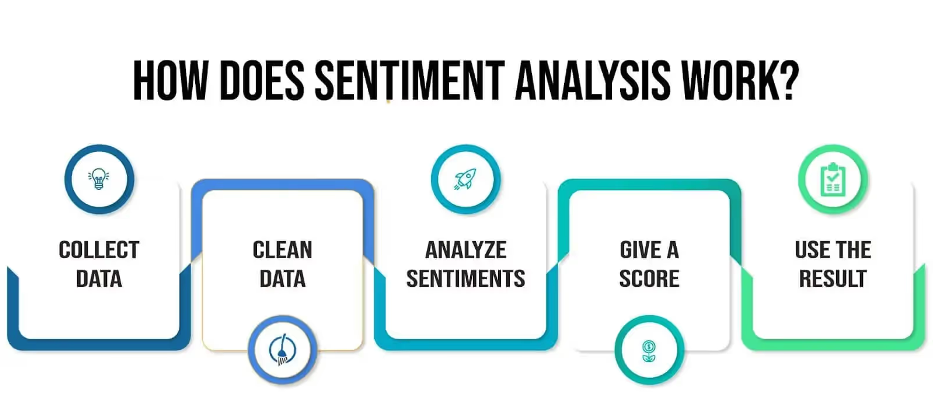
The call center industry has evolved significantly, with artificial intelligence (AI) reshaping how businesses approach training and performance management. Traditional training methods often follow a one-size-fits-all approach, leaving many agents struggling to adapt to customer expectations.
However, AI-powered call center coaching transforms agent development by offering personalized training, real-time feedback, and data-driven insights that enhance performance and customer satisfaction.
The Challenges of Traditional Call Center Coaching
Conventional call center coaching has long relied on manual processes, periodic performance reviews, and standardized training modules. While these methods have helped develop agent skills, they often fall short in providing the real-time support and personalization needed for success in the customer service environment.
Some of the main challenges include:
- Delayed feedback: Agents receive performance reviews after interactions, missing immediate opportunities for improvement.
- Generic training programs: Standardized coaching fails to address individual strengths and weaknesses, leading to slower skill development.
- Inconsistent quality monitoring: Subjective evaluations create gaps in assessing agent performance, leading to biased coaching.
- High attrition rates: Lack of continuous and meaningful coaching contributes to high turnover rates in call centers.
These challenges highlight the need for a more advanced and adaptive coaching approach that AI-powered solutions can effectively address.
How AI Transforms Call Center Coaching
AI is transforming call center coaching by introducing automation, analytics, and personalization into training. Unlike traditional coaching, AI-driven solutions provide agents with real-time insights and continuous development opportunities. Here’s how AI enhances coaching:
1. Real-time feedback for immediate improvement
One of the most significant advantages of AI-powered call center coaching is its ability to provide real-time feedback. AI-driven tools analyze live customer interactions, assessing tone, sentiment, and compliance in real-time. When an agent makes an error or misses a key phrase, AI instantly notifies them, allowing them to correct their approach.
This immediate feedback helps agents refine their communication skills and improve customer interactions faster than traditional coaching methods.
2. Personalized coaching programs based on data insights
Rather than a one-size-fits-all training approach, AI customizes coaching programs based on an agent’s performance data. AI identifies areas where an agent needs improvement by analyzing past interactions, customer feedback, and key performance indicators (KPIs).
Personalized coaching plans help agents focus on their weaknesses while reinforcing their strengths, leading to more effective skill development.
Key benefits of personalized AI-driven coaching include:
- Targeted skill enhancement to address individual performance gaps.
- Adaptive training modules that evolve based on real-time agent progress.
- Higher engagement and retention as agents receive relevant and actionable feedback.
3. Speech and sentiment analysis for deeper insights
AI-powered speech and sentiment analysis tools assess how agents communicate with customers. These tools evaluate factors such as tone of voice, speech patterns, and customer sentiment to determine the overall effectiveness of an interaction.
By detecting frustration, hesitation, or satisfaction in a customer’s voice, AI provides valuable insights that can help improve agent responses.
For instance, if sentiment analysis detects dissatisfaction in a customer’s voice, AI can prompt the agent with suggestions to de-escalate the situation, ensuring a positive outcome. This capability enables agents to handle difficult conversations more effectively, increasing customer satisfaction.

4. Automated quality monitoring for unbiased evaluations
Quality monitoring has traditionally been a manual and subjective process, with managers randomly selecting calls for evaluation. This method often leads to inconsistencies and biased assessments. AI eliminates these issues by automating quality monitoring, ensuring every interaction is analyzed objectively.
AI-driven quality monitoring tools evaluate 100% of customer interactions, providing comprehensive insights into agent performance. Key benefits of AI-based quality monitoring include:
- Consistent evaluations across all agents, eliminating bias.
- Comprehensive reporting on agent strengths and areas for improvement.
- Faster identification of training needs through data-driven analysis.
By using AI to assess agent performance objectively, businesses can ensure fair and accurate coaching that leads to measurable improvements in customer service quality.
5. Predictive analytics for proactive coaching
AI doesn’t just analyze past interactions—it predicts future performance trends. Using historical data, AI identifies potential challenges agents might face and proactively recommends training modules before performance issues arise. This predictive approach allows managers to provide coaching quickly, preventing recurring mistakes.
For example, if AI detects an agent's struggles with handling refund-related inquiries, it can automatically suggest training sessions focused on managing customer complaints effectively. This proactive coaching method improves agent preparedness and ensures better customer experiences.
The Future of Call Center Coaching with AI
AI-driven call center coaching is rapidly becoming the standard for modern call centers. Integrating machine learning, predictive analytics, and automation is helping businesses achieve higher efficiency, better agent performance, and improved customer satisfaction.
As AI technology advances, call centers can expect even more sophisticated coaching solutions to enhance agent development further.
Benefits of AI-powered call center coaching:
- Increased agent confidence and efficiency due to real-time feedback.
- Improved customer satisfaction scores through personalized training.
- Reduced operational costs by automating training and monitoring.
- Lower attrition rates as agents receive continuous, meaningful coaching.
With AI transforming call center coaching, businesses that invest in AI-driven training solutions will have a competitive edge in delivering exceptional customer service.
Embracing AI for More Effective Call Center Coaching
AI is redefining the landscape of call center coaching, making training more efficient, personalized, and impactful. By leveraging AI-driven insights, real-time feedback, and predictive analytics, businesses can ensure their agents receive the best coaching to enhance their performance.
As customer expectations continue to rise, call centers must adopt AI-powered coaching solutions to stay ahead. By embracing AI, businesses can equip their agents with the tools to deliver outstanding customer experiences, boost efficiency, and drive long-term success in the highly competitive customer service industry.
Share this post
Leave a comment
All comments are moderated. Spammy and bot submitted comments are deleted. Please submit the comments that are helpful to others, and we'll approve your comments. A comment that includes outbound link will only be approved if the content is relevant to the topic, and has some value to our readers.

Comments (0)
No comment